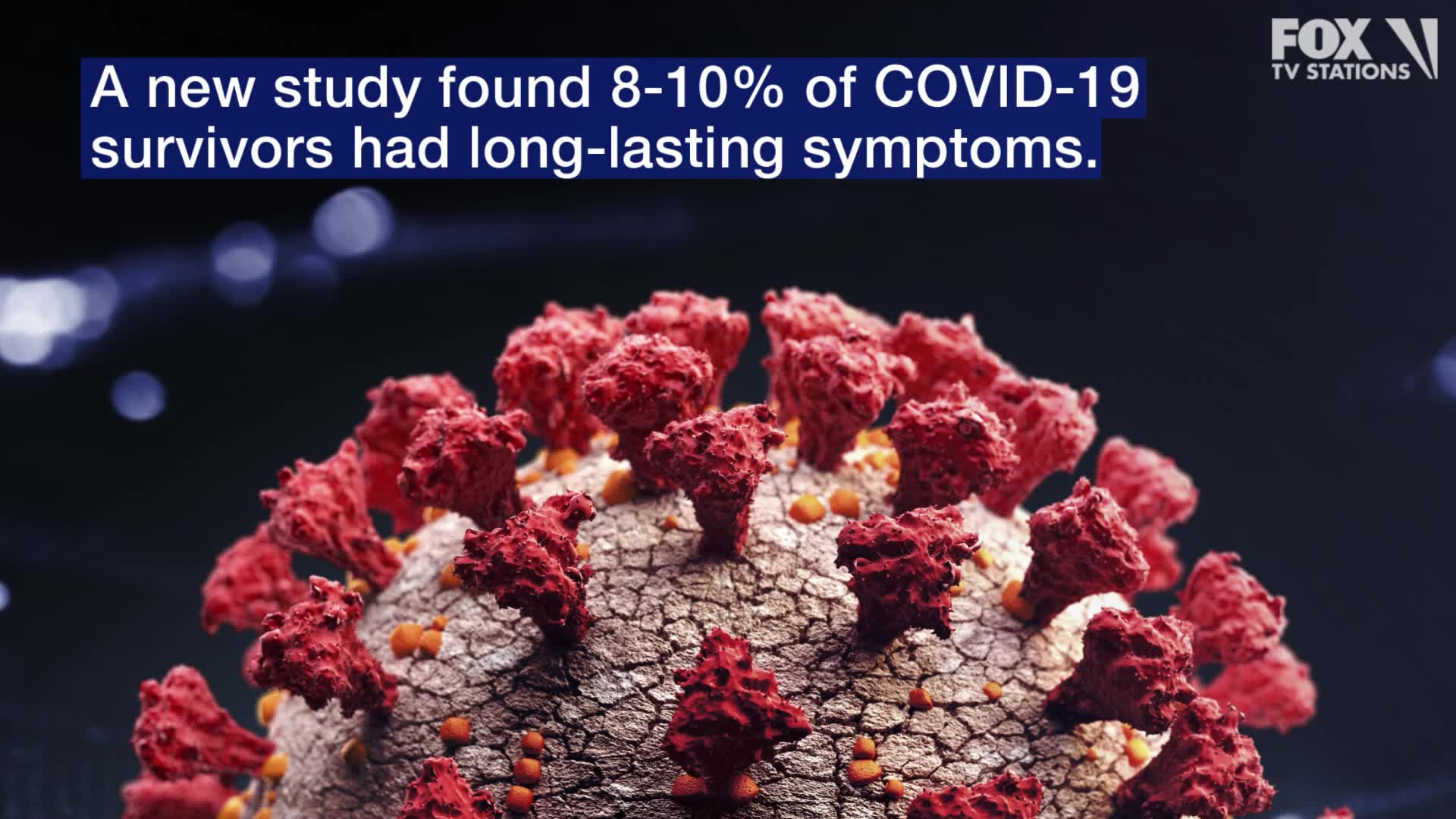Long-lasting symptoms, increased risk of death found in 8-10% of surviving COVID-19 patients, VHA study found
A study done by the Veteran Health Administration found long-lasting symptoms and an increased risk of death after six months in about 8-10% of COVID-19 patients that participated.
The study also revealed that the risk of developing long-lasting symptoms was still there for people who were infected with COVID-19 but did not require hospitalization.
The study observed 73,435 patients in the Veteran Health Administration (VHA) who survived the first 30 days after being diagnosed with COVID-19 but were not hospitalized, compared to nearly 5 million users who did not have COVID-19 and were not hospitalized, the study said.
According to Dr. Ziyad Al-Aly, the chief of research and development at the St. Louis VA Healthcare System who co-authored the study, 8-10% of COVID-19 survivors "started showing an increased risk of diabetes, increased risk of lung problems, increased risk of heart problems, with heart failure, acute heart disease, increased risk of some brain problems including stroke and memory loss, increased risk of blood clots."
"What we also observed, there was a significant increase in the risk of mental health disorders, including higher risk of depression, anxiety and substitute disorder," Al-Aly explained. "So what that tells us, it really tells us that post-COVID — or long COVID — isn’t really one thing. It’s not only really fatigue or shortness of breath or cough. Long COVID can literally affect any organ in the body."
Researchers observed eight people per every 1,000 persons in the study die due to COVID-19 between 30 days and six months after the initial diagnosis. Al-Aly said these patients a 59% increased risk of death when compared to the baseline group.
"What that tells us is that, what we’re seeing in COVID now and accounting for the acute death in the first 30 days, that really is the tip of the iceberg and now we’re starting to see a little bit beneath the iceberg. So on average, there is an excess risk of death for about 8 people per 1,000 persons," he said.
Al-Aly said they're still digging into the data to find trends among the participants who did die, such as which gender or age range was most prone to death, or if pre-existing conditions played a role.
Al-Aly stressed that most people who’ve survived a COVID-19 infection will be fine and will not develop lingering complications. But he wants health system planners to be mindful of the people that will.
He pointed to the roughly 31 million confirmed cases in the United States and said if 8-10% of that population were to experience long-lasting symptoms as they saw in their study - that would be about 3 million Americans with lingering health issues caused by the virus.
Al-Aly said that could "represent a significant strain on the healthcare system."
"So I think the message to healthcare policymakers and health system planners and the people who really lead healthcare systems, is really that we should prepare for those people," Al-Aly said. "Those patients deserve coordinated, integrated care and we certainly need to be prepared for that."
The Food and Drug Administration has authorized three vaccines that are highly effective at preventing severe COVID cases, hospitalizations and death. But researchers still don’t know if the vaccines will ameliorate or improve symptoms of long COVID.
Even so, Al-Aly stressed the importance of getting inoculated.
"The best way to avoid COVID is really to prevent it with a vaccine, and the best way to avoid long COVID is to avoid COVID by getting the vaccine," Al-Aly said.
The study was published in "Nature."
Al-Aly said they're continuing to monitor COVID-19 patients to report 9-month outcomes and 12-month outcomes.


